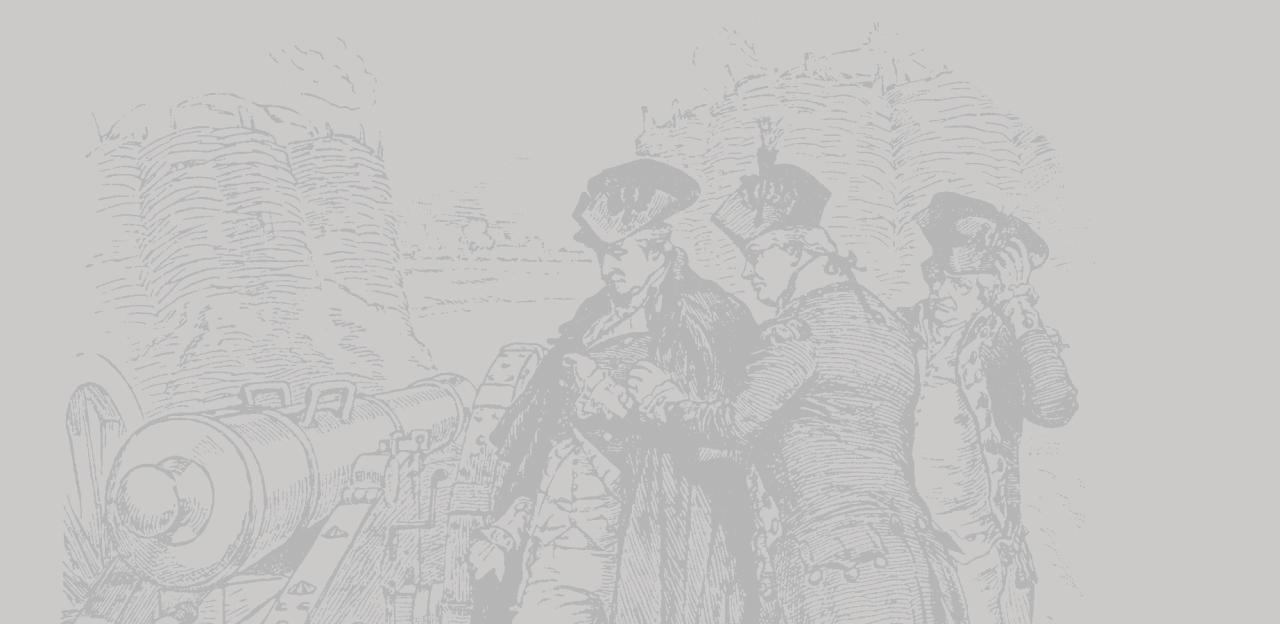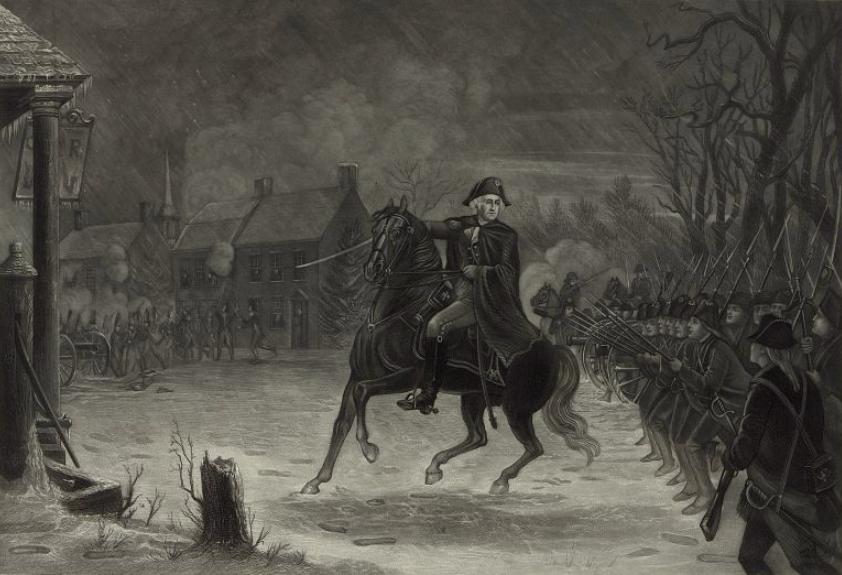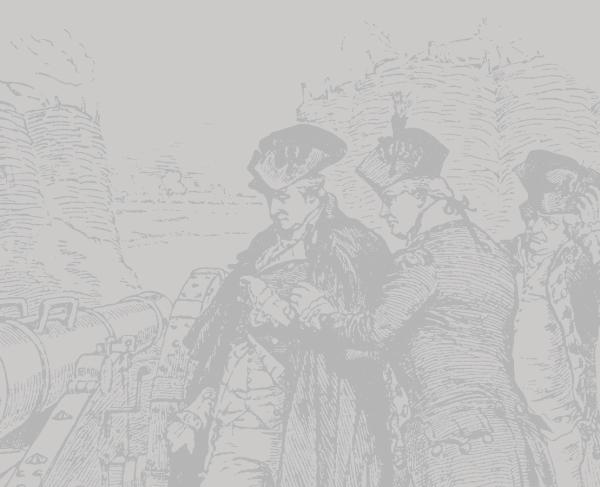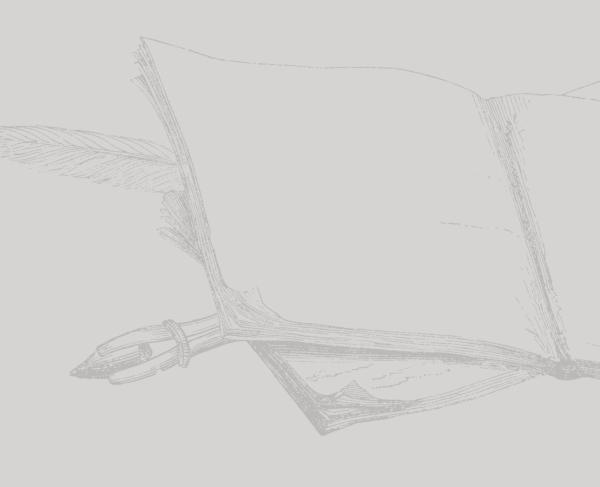Trenton: "A glorious day for our country"

James Wilkinson, a controversial American officer, wrote his memoirs toward the end of his life in an effort to clear his name from a long list of doubtful military, diplomatic, and possibly secret agent accusations. During December 1776, Wilkinson was present during the Crossing of the Delaware and Battles of Trenton and Princeton. The following account is his version of that military operation, and the spelling is original.
Boats were in readiness, and the troops began to cross about sunset, but the force of the current, the sharpness of the frost, the darkness of the night, the ice which made during the operation, and a high wind, rendered the passage of the river extremely difficult; and but for the stentorian lungs and extraordinary exertions of Colonel Knox, it could not have been effected in season to favour the enterprize ; indeed we were too late to have succeeded against an enemy less negligent and less secure, for it was 4 o'clock before the troops were formed and put in motion, at which time it began to hail and snow.

The disposition of attack was made for two columns; the left led by the commander in chief, who was accompanied by Generals Lord Stirling, Greene, Mercer, and Stevens, to make a circuit by the Pennington road; and assaulted by King's, now Greene street; the right, under Major-general Sullivan, which included the brigade of St. Clair, to keep the river road by General Dickenson's house and enter the town by Water street. To give time for General Washington to effect his "detour," that the attack might be simultaneous. General Sullivan was ordered to halt for a few minutes at the cross road, which leads to Howell's ferry, where he arrived about twilight. Soon after the halt, it was discovered by Captain John Glover of the Marblehead regiment that the best secured arms of the officers were wet, and not in firing condition. The communication was made to General Sullivan in presence of General St. Clair and the officers of their suites. Sullivan cast a look at Sinclair and observed, "What is to be done?" who instantly replied, "You have nothing for it but to push on and charge." We soon marched. Colonel Stark in command of the advanced guard, the troops with orders to clear their muskets as they moved on in the best manner in their power, which occasioned a good deal of squibbing; in the mean time an officer was despatched to apprise the General of the state of our arms, who returned for answer by his aid-de-camp Colonel Samuel Webb, that we must "advance and charge." It was now broad day, and the storm beat violently in our faces; the attack had commenced on the left, and was immediately answered by Colonel Stark in our front, who forced the enemy's picket, and pressed it into the town, our column being close at his heels. The enemy made a momentary shew of resistance by a wild and undirected fire from the windows of their quarters which they abandoned as we advanced, and made an attempt to form in the main street, which might have succeeded but for a six gun battery opened by Captain T. Forest, under the immediate orders of General Washington, at the head of King's street, which annoyed the enemy in various directions and the decision of Captain William Washington, who, seconded by Lieutenant James Monroe, led the advanced guard of the left column, perceiving that the enemy were endeavouring to form a battery, rushed forward, drove the artillerists from their guns, and took two pieces in the act of firing. These officers were both wounded in this charge; the Captain in his wrist, the Lieutenant through the fleshy part of his shoulder. These particular acts of gallantry have never been noticed, and yet they could not have been too highly appreciated, for if the enemy had got his artillery into operation in a narrow street, it might have checked our movement, and given him time to form and reflect; and if he had retired across the bridge in his rear and taken post, he would have placed a defile between us, which in our half naked, half frozen condition, he ought to have defended against our utmost efforts, and we in turn might have been compelled to retreat, which would have been fatal to us; but while I render justice to the services of Forest, Washington and Monroe, I must not withhold due praise from the dauntless Stark, who dealt death wherever he found resistance, and broke down all opposition before him.
Pressed in front, and hearing our fire approach on their left, a troop of dragoons, with about five hundred infantry, took to flight across the Assanpink, and joined Count Donop at Bordentown; and Colonel Rahl, while exerting himself to form his dismayed and disordered corps, being shot from his horse, the main body retired by their right up the Assanpink, with the apparent inclination to escape to Princeton. General Washington instantly threw the brave Colonel Hand with his distinguished rifle corps in their way; and the Virginia troops under those gallant officers Colonels Scott and Lawson, with Josiah and Richard Parker, having gained their left, after some fluctuation in their movements, they halted, formed in order of battle, with their front to the south, and ordered their arms, which after a summons from the General, and a short pause, they agreed to surrender at discretion. I had been despatched to General Washington for orders, and rode up to him at the moment Colonel Rahl, Colonel supported by a file of sergeants, was presenting his Hessian sword. On my approach, the commander in chief took me by the hand, and observed, "Major Wilkinson, this is a glorious day for our country," his countenance beaming with complacency; whilst the unfortunate Rahl, who the day before would not have changed fortunes with him, now pale, bleeding and covered with blood, in broken accents seemed to implore those attentions, which the victor was well disposed to bestow on him. How awful the contrast; what a sad memento of the casualties of military life. Such are thy blessings, O War! — such the glories and the golden fruits "plucked from the cannon's mouth."

In this affair we lost no officer, and those before mentioned with four men only were wounded, two were killed, and one frozen to death; our trophies were four stand of colours, twelve drums, six brass field pieces, a thousand stand of arms and accoutrements, and our prisoners twenty-three officers and almost 1,000 non-commissioned officers and privates; Colonel Rahl and six other oflicers, with about 40 men, were killed. The execution of this enterprize, reflected high honour on General Washington, but his triumph was abridged by the failure of two simultaneous attacks; one from Bristol under General Cadwalader, and the other by Trenton ferry under General Irwing, which made a part of his plan. Those officers employed every exertion to cross the river, but were baffled by the ice, and in consequence the fugitives escaped from Trenton, and Count Donop, with the detachments below, was enabled to make good his retreat to Princeton, otherwise these German cantonments would have been swept.
This was a desperate undertaking, justified by the deplorable state of our affairs, and worthy the chief who projected it. I have never doubted that he had resolved to stake his life on the issue. The joy diffused throughout the union by the successful attack against Trenton, reanimated the timid friends of the revolution, and invigorated the confidence of the resolute. Perils and sufferings still in prospect, were considered the price of independence, and every faithful citizen was willing to make the sacrifice. Success had triumphed over despondency, and the heedless, headlong enthusiasm, which led the colonists to arms, had settled down into a sober sense of their condition, and a deliberate resolution to maintain the contest at every hazard, and under every privation. The general impulse excited by passion was now approved by reason, and the American community began to feel and act like a nation determined to be free.
Source
James Wilkinson, Memoirs of my own times, published in 1816.
Related Battles
5
905

